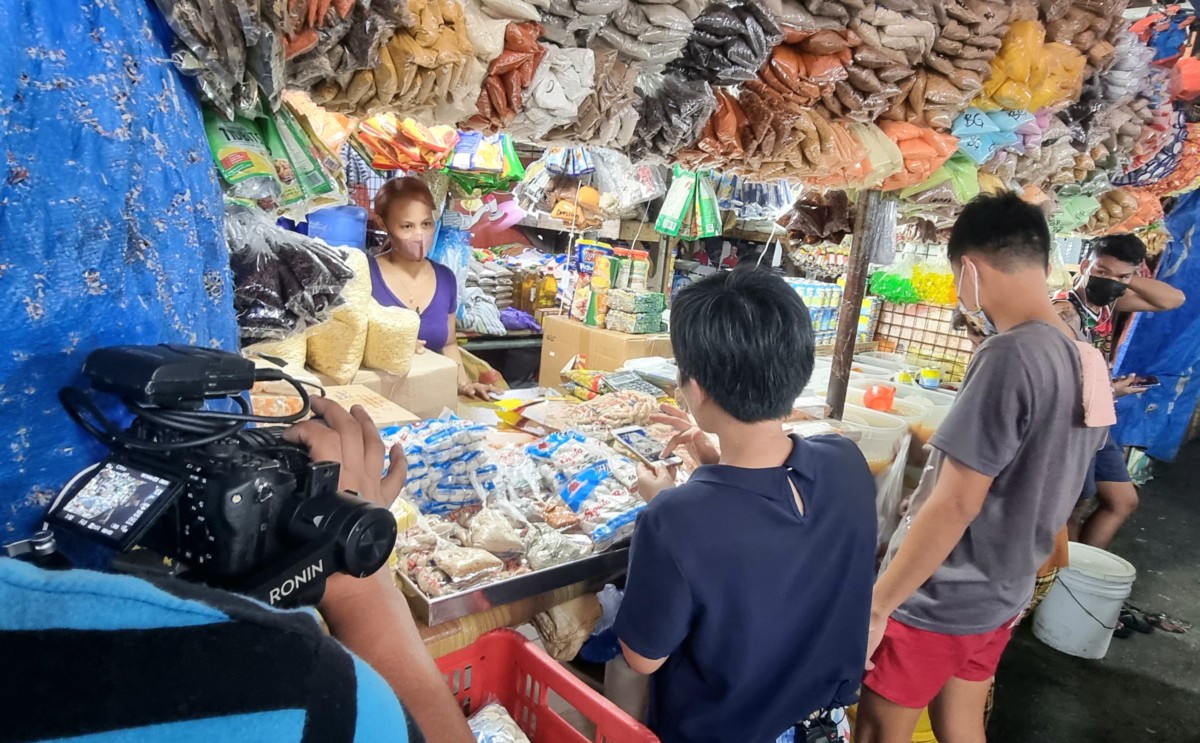Rapid Market Screening in the Philippines

In 2021, Pure Earth launched an ambitious project to analyze the lead (Pb) content in thousands of products and food samples in markets across 25 low- and middle-income countries. The Rapid Market Screening (RMS) project is the first analysis of its kind that we are aware of.
In the Philippines, investigators collected samples from 17 major markets in Luzon, Visayas and Mindanao.
The selected countries and Indian states include Armenia, Azerbaijan, Bangladesh, Bolivia, Colombia, Egypt, Georgia, Ghana, the Indian state of Tamil Nadu, Indonesia, Kazakhstan, Kenya, Kyrgyzstan, Mexico, Morocco, Nigeria, Pakistan, Peru, the Philippines, Tajikistan, Tanzania, Tunisia, Turkey, and Vietnam.
The RMS project follows the 2020 publication of The Toxic Truth report by Pure Earth and UNICEF, which revealed for the first time that an estimated 800 million children, or 1 in 3, have blood lead levels indicative of lead poisoning (>5 μg/dl). This prevalence suggests that children worldwide are regularly exposed to lead in their daily lives, particularly in low-and middle-income countries (LMICs).
Pure Earth investigators are collecting and analyzing a variety of common market goods, including samples of spices, metal foodware, ceramic foodware, plastic foodware, toys, paint, cosmetics, candies, common starch foods, and herbal/traditional medicines. The protocol for market screenings was informed by preliminary fieldwork and reviews of published literature on lead sources in each country. These detailed desk assessments were created for all 25 countries.
Pure Earth intends to submit the full RMS findings to a peer-reviewed journal in 2023 and will disseminate the findings widely once published. The findings of this project will orient future research and intervention strategies focused on the most consequential lead exposure sources.
